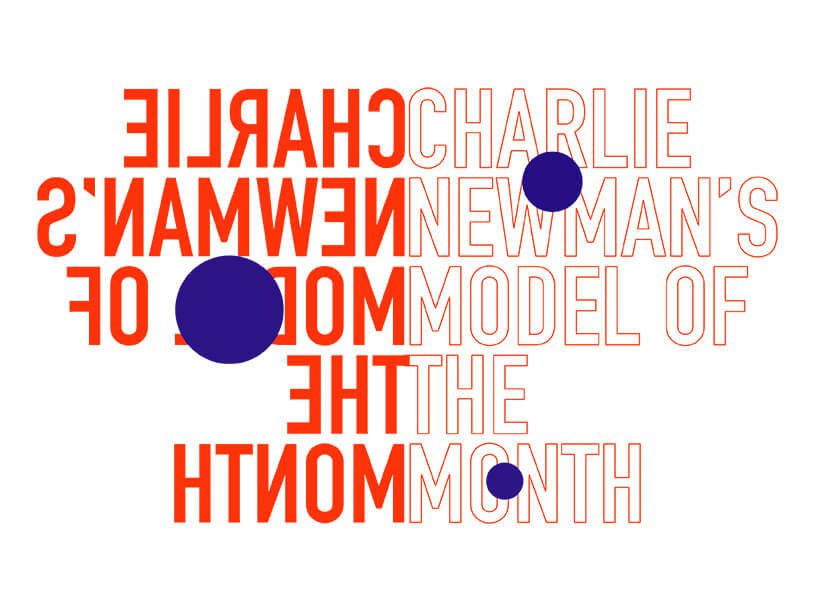
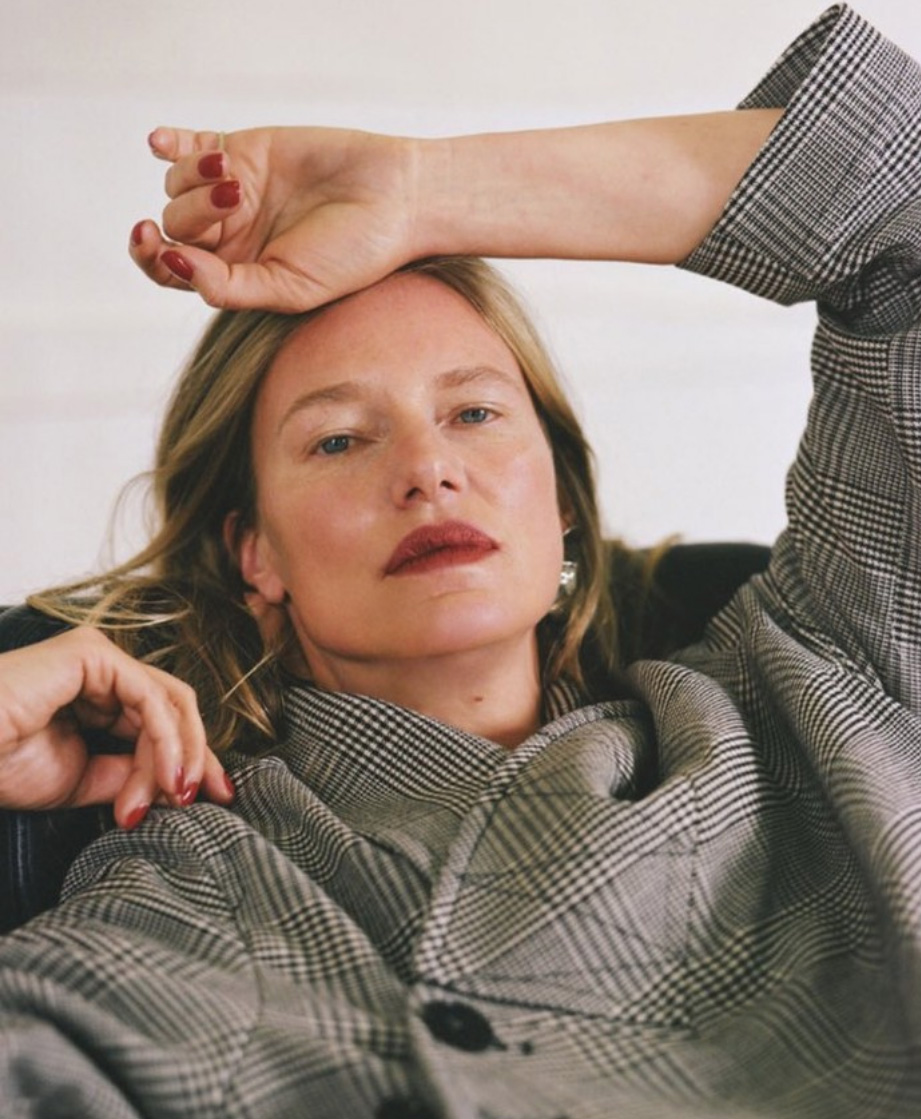
Swedish model and life coach Anna K. for matchesfashion.com. Instagram: @annaklevhag
LUX contributing editor and model at Models 1, Charlie Newman continues her online exclusive series, interviewing her peers about their creative pursuits, passions and politics

Charlie Newman
THIS MONTH: Anna Klevhag, or Anna K. as she is known professionally, was a regular on the catwalks of the late 1990s alongside the likes of Kate Moss, Naomi Campbell and Linda Evangelista. After taking a break from fashion to focus on self-love and train as life coach, she has recently returned to the industry. Here she recalls her early career, struggling with self-belief and explains how coaching can help bring you back to your essential core.
Charlie Newman: Firstly can you tell us a bit about your upbringing and how modelling first came into your life?
Anna K: My upbringing was lovely in a small university town in Sweden as well as long warm summers on an island in the country. My father was a Chemistry professor at the university and was really keen on education, so I did engineering up to IB. I gained a place to study Architecture at university. But in those summer holidays, I won a competition to go to Paris and work as a model. A friend of mine and I were searching for jobs and we saw this job advertising that if you “were over 175cm” you should apply to this agency. My friend jumped straight on that and applied for me. Off I went and they took me on. I originally thought it was to be a booker, at 17 you are a bit dizzy! For the competition we had to parade around in swimsuits in some local hotel and all I remember is hearing my name being called and everyone congratulating me saying that I had won. After that I went to Paris for a week and then never really came back home again. First, I did catalogues and advertising, I was not athletic in body type, which was the thing of the 80s. It was when the ‘Grunge’ trend came that I did well. The look was more about personality and being flat chested and slender, that I could relate to. That’s what got things started.
Follow LUX on Instagram: the.official.lux.magazine
Charlie Newman: Was it difficult for you to take the leap and pursue modelling over studying?
Anna K: To be honest, I didn’t really think about it but now, having two young girls of my own who are around that age, I guess I wouldn’t have wanted them doing what I did. Education is beautiful, in any shape or form. To learn and know things enriches life like nothing else, it makes life more interesting and broad. I can’t stress how important it is to develop and grow, to learn, to have a purpose. I had such a strong interest in drawing and maths, I would have enjoyed being an architect but I rebelled. Still, it is never to late to start, I know that now, and being a life coach, I’m learning every day.
Charlie Newman: What was the reaction from family and friends when you started modelling?
Anna K: I don’t know how but my friends sort of always knew, much more than I did, that I wouldn’t really come back. My father didn’t say much, there was no outrage or anything deeply positive either, I was sort of left to get on with it from his perspective. I think everyone would have preferred it I went to university though.
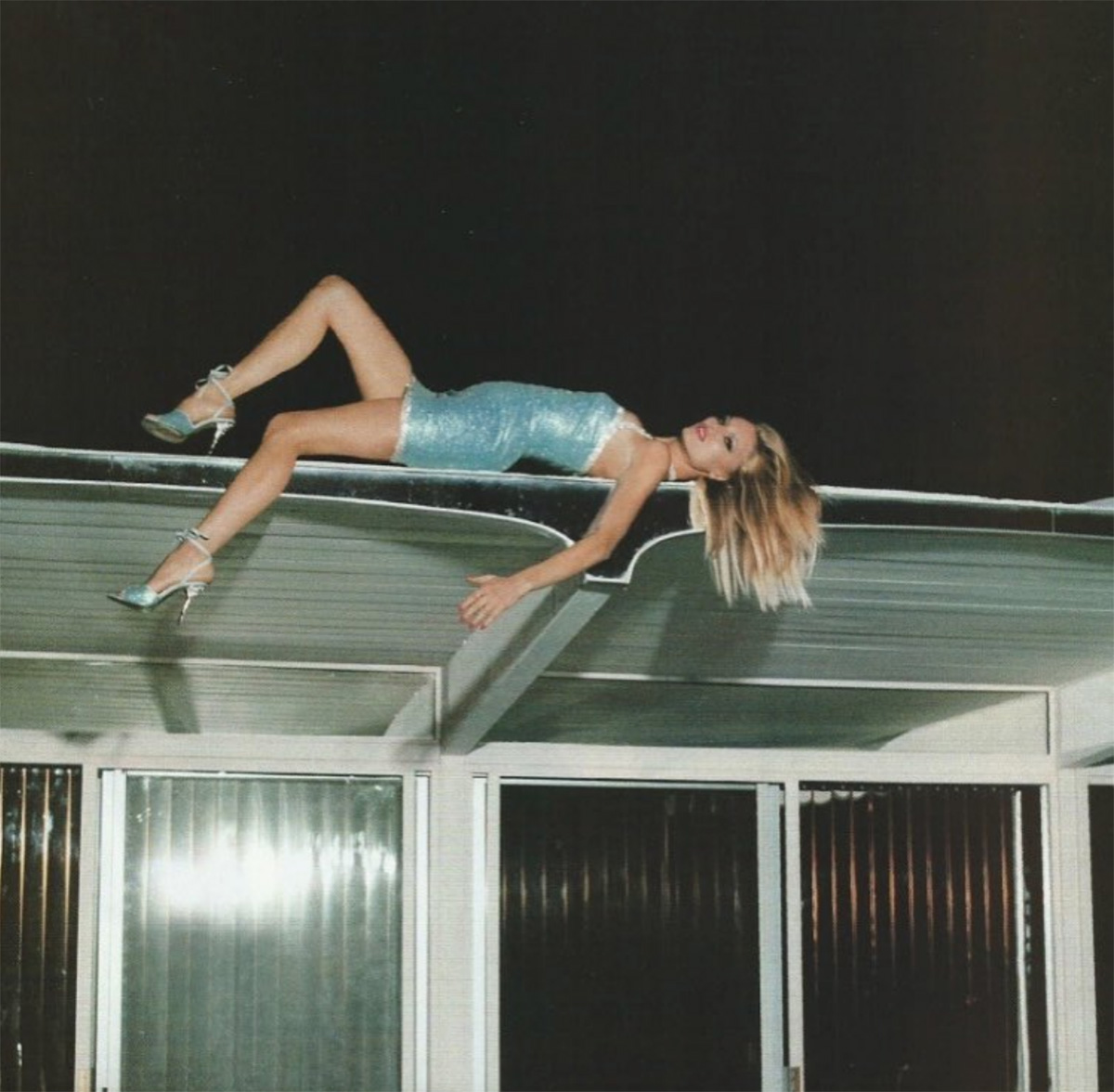
Anna K. as a young model in British Vogue. Instagram: @annaklevhag
Charlie Newman: Your career catapulted so quickly, but do you remember one moment that changed your life?
Anna K: There was a moment. I did a make up trial with Linda Cantello for Jil Sander in Paris. They ended up picking me for the showroom in Milano. At the end of that, I remember the Art Director Mark Ascoli musing aloud as to whether they should put me in the big show and Linda said “Of course!” I remember the feeling, walking down that catwalk. It was with Linda, Naomi, Claudia, Kate, Amber, Shalome, the old supers and the new generation. It was like I was floating in air. That was my moment. I was in the right place at the right time. It all took off from there. After that, I worked with all those amazing photographers in the 90s and went to New York – it was such a magical time!
Charlie Newman: Having established your career in Europe, how did you feel moving to New York and setting up a life there?
Anna K: Well it never really felt like I moved there, it was just an organic part of life. I had a permanent suite at the Gramercy Park hotel back when it was this enchanting place, oozing of New York. Funny old ladies, with big hair, drinking Cosmopolitans, smoking and eating Gold fish snacks around tables in the bar. It hadn’t been done up yet and I could be anonymous there, it felt personal and real, my friend Kirsten Owen lived there too. We did it our way, it was a special time for sure. Work wise, it was a more pressured environment than Paris. More about business, agencies trying to have you change to theirs, career talk etc etc. But I loved working for Calvin Klein and Donna Karen, J Crew and all those lovely department stores regularly, for days and weeks. It felt more like a proper job and gosh did we have fun!
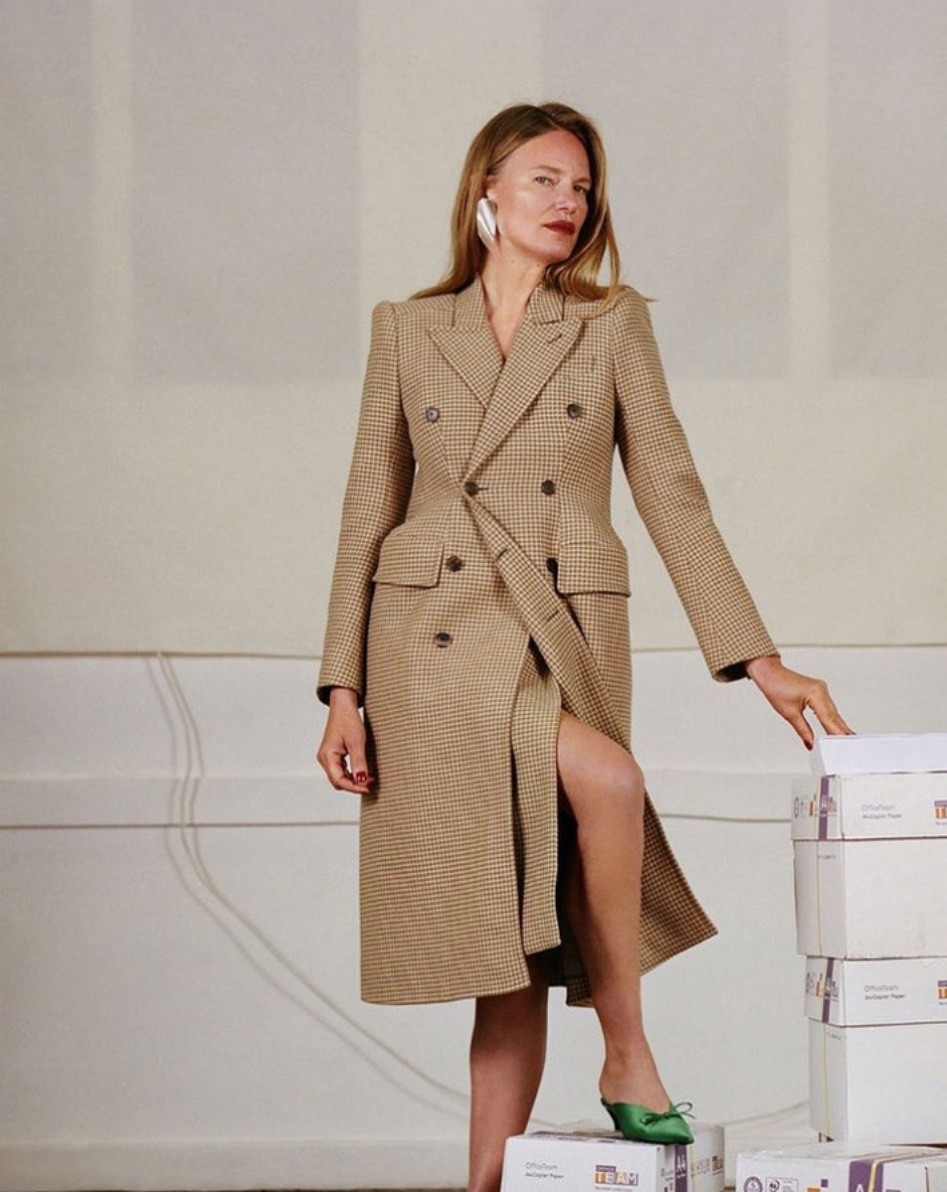
Instagram: @annaklevhag
Charlie Newman: Tell us more about your journey into becoming a Life Coach.
Anna K: I got divorced at 40 and never really saw it coming. I’d been madly in love with my husband for 20 years – we met when I was 22 in Milan. We really grew up together, he was my soulmate. We had two children together and lived in Notting Hill. Life was pretty perfect except for inside of me. I went on this huge journey to discover my blocks, my strengths, my joy, to get to know me. I dealt with a lot of childhood stuff I didn’t even know I had, patterns and beliefs that hindered me as well as daring myself to tap into my inner strength and power. I wish I had followed my instincts and gone to see someone at 25, when I wanted to, but I’m so grateful I have got to where I am now. To have what I have now, inside.
I really had it all but still struggled with self-belief. It was others that had to believe in me. I had the most wonderful booker, Sam Archer, who was full of joy and lust for life. She got me feeling right when I wasn’t feeling right at all. It would take a huge effort for me to go out into what I now call the ‘arena of life’, to be vulnerable and dare to be as big as I could be. With coaching it was easy to unpick all of that, to understand myself and change what didn’t serve me. I could work out where I wanted to be and how to cope. Now, it is me driving my life for myself. The inner strength I gained, got me that step closer to my full potential, it is so powerful. Coaching clarifies, unblocks potential and puts you back in control of your life. You become your own C.E.O! And there is a lot of joy in that force.
I have become aware through my friends in powerful positions that they see Life Coaching as an imperative tool in order to navigate their jobs and lives more efficiently. I now also study Executive Coaching. If you feel good, you do well, if you think good thoughts and have a focused mind set, you become dynamic. Essentially, we are all born perfectly imperfect. We are who we are meant to be. Life’s experiences often scramble that powerful core. Coaching helps you find your way back to your core.
Read more: Exploring Earth’s last true wilderness with Geoffrey Kent
Charlie Newman: How do you apply your skills within the fashion world?
Anna K: I see my girls (models) once a week if they’re in the country, if not we Skype or rearrange, we’re flexible, you have to be in fashion! Each girl needs different things. So we work on vulnerability, self-esteem, habits, strengths, patterns, blocks whatever is lacking. It doesn’t take long to work things out. Coaching is like stepping on to a escalator. You take away what hinders you and step into your strengths. I also mentor professionally. I have spent most of my life in this business (over 30 years) and have worked on all levels. Having worked with most of the legends within fashion I know it like the back of my hand so I can help the models as I truly understand it. The industry has not changed that much fundamentally, only grown enormously.
Charlie Newman: Do you go and see a life coach for a specific reason?
Anna K: Whatever age you are and whatever stage you’re at within your life or career, we all hit patches of ‘confusion’. You simply don’t feel in charge, happy, joyful, strong, clear. Coaching clarifies everything quickly. I learned to be a coach so that I could coach myself – I am no longer confused. It doesn’t matter how wealthy or how successful you are, true joy and fulfilment cannot be without knowing, accepting and embracing yourself. Then follows growth, contribution, productivity – it is just logic really.
Charlie Newman: Do you work with a client for a particular time period?
Anna K: It can be anything from 4-6 sessions to months. Sessions are between 1 and 1.5 hours long. We set up strategies for change. Change happens in a moment. The time it takes to get to those moments of break through is personal but we usually get there quite quickly. You then condition that change finding newfound neurological paths that need reinforcing. Often girls come with a problem and it turns out that wasn’t the problem at all.
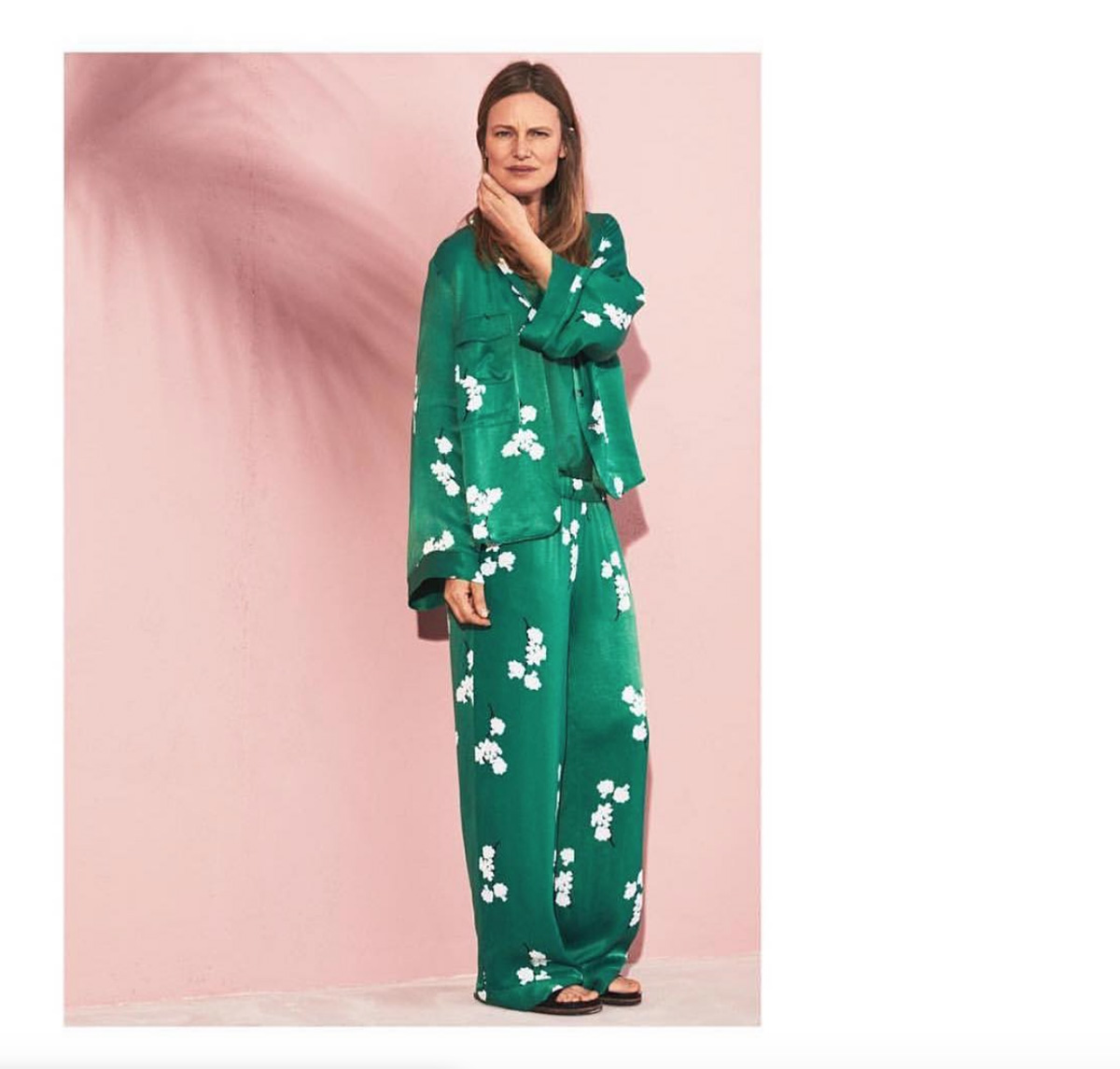
Instagram: @annaklevhag
Charlie Newman: What’s the difference between a life coach and a counsellor?
Anna K: Coaching is a result based practice. Whether its a small change or a bigger one. Coaching is much more instant and of the moment – there is an action plan. We do go into the past like you do with counselling but in coaching you use it as more as a ‘spring board’ to fuel your future. I went to quite a few therapists when I got divorced and I found myself just going over and over the same things but there was no change or no strategy in how to deal with things. I had it all but couldn’t use it, I was frustrated and I was confused. I needed to work out why but also change my ways and that’s where coaching stepped in.
Charlie Newman: Your fashion career has spanned so many years and you’ve seen it from so many different perspectives. What do you think has changed the most from when you started?
Anna K: There was no social media when I first started at the end of the 80s. There were no cell phones, I didn’t even had a credit card! You were perhaps more lonely in one way but then again Instagram or Facebook relationships can never substitute the real thing. There are benefits to social media, you can share your passion projects for example. Practically, things are much easier too. We used to spend hours in labs enlarging tear sheets to show to clients. Sometimes though, I wonder if all those time saving things actually prevent us from communicating organically, like we used to. I do wonder, if they actually do save time? It often doesn’t feel that way to me. It’s a balance I guess, I’m always finding the balance.
Charlie Newman: What kept you grounded when your career was going crazy?
Anna K: Without question it was my boyfriend at the time, who was my first husband. We shared absolutely everything, it was him and I against the world. He kept me sane.
Read more: Italian brand Damiani’s Kazakh-inspired jewellery collection
Charlie Newman: What advice do you give to younger models?
Anna K: Self-love is everything. Find out who you are, if you haven’t. Embrace it. Fulfil all your inner needs, as a whole human being, not just for work. Find out where you’re lacking and work on that. Try to focus on the good not the bad. Observe your thoughts. You are what you think. I tell my girls not to get upset if they don’t get the job because it’s actually nothing to do with them personally, it’s just a constructive business decision. Your turn will come. Just be ready for it when it does.
Charlie Newman: What made you go back into modelling?
Anna K: My dear agent Mika at Mika’s Stockholm, called to ask if I wanted to do some pictures and an interview on Sweden’s supermodels over time. I said yes and from that it snowballed. I got a MAC Cosmetics campaign, did Matches Fashion, magazines and advertising – it’s been great fun! Models 1 feels like family, they just get things, I am so lucky.
Charlie Newman: How have you found coming back into the industry after all these years?
Anna K: It has honestly felt like putting on an old pair of slippers! I have just loved it! It’s been wonderful to reconnect. I feel comfortable on set, I know that world, it is a part of who I am.
Charlie Newman: Lastly who is your role model of the month?
Anna K: It’s got to be my daughters because they’re so free, I’ve learnt so much from them. They are so healthy, they blow my mind.
Follow Anna K. on Instagram: instagram.com/annaklevhag
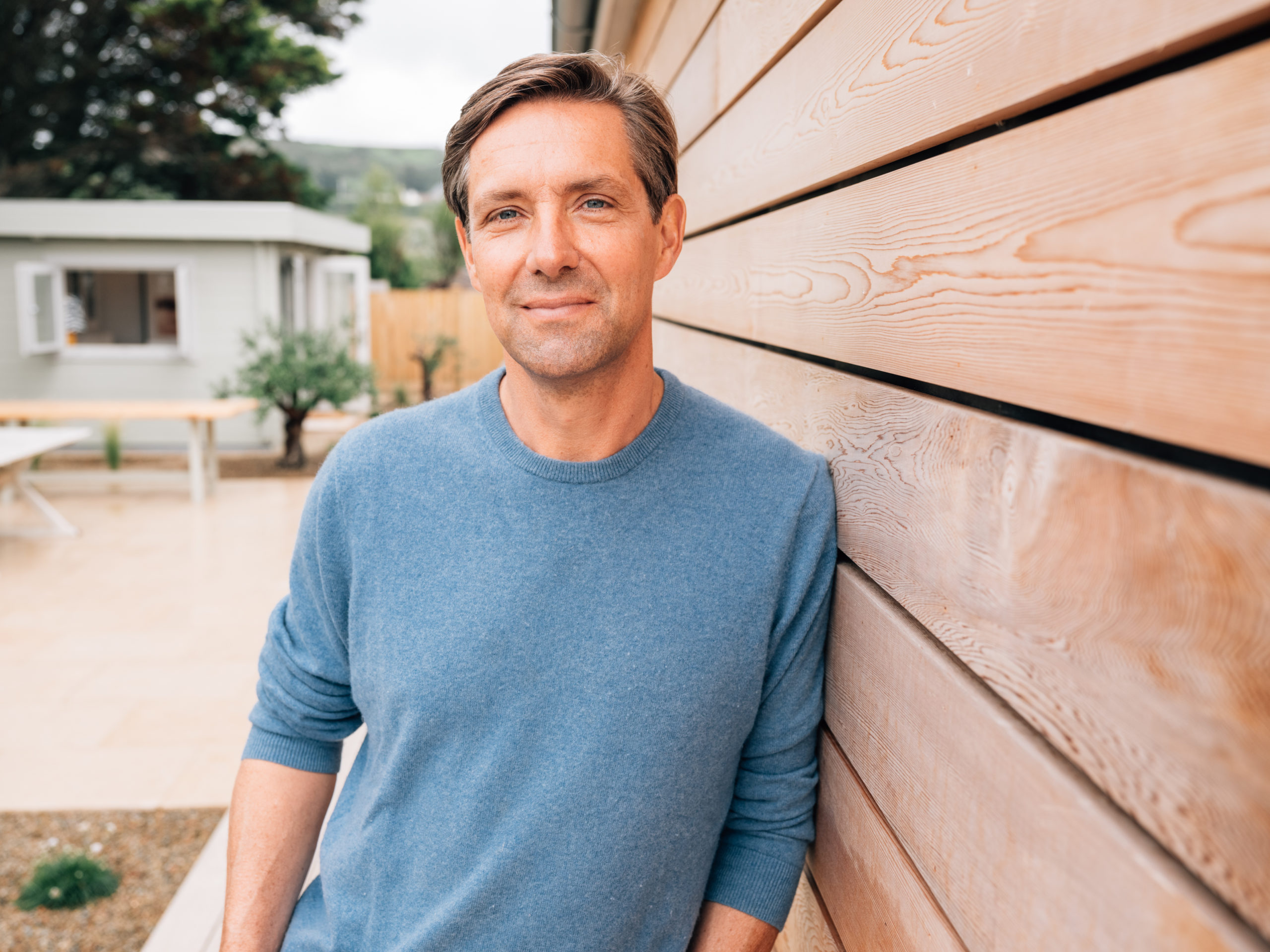
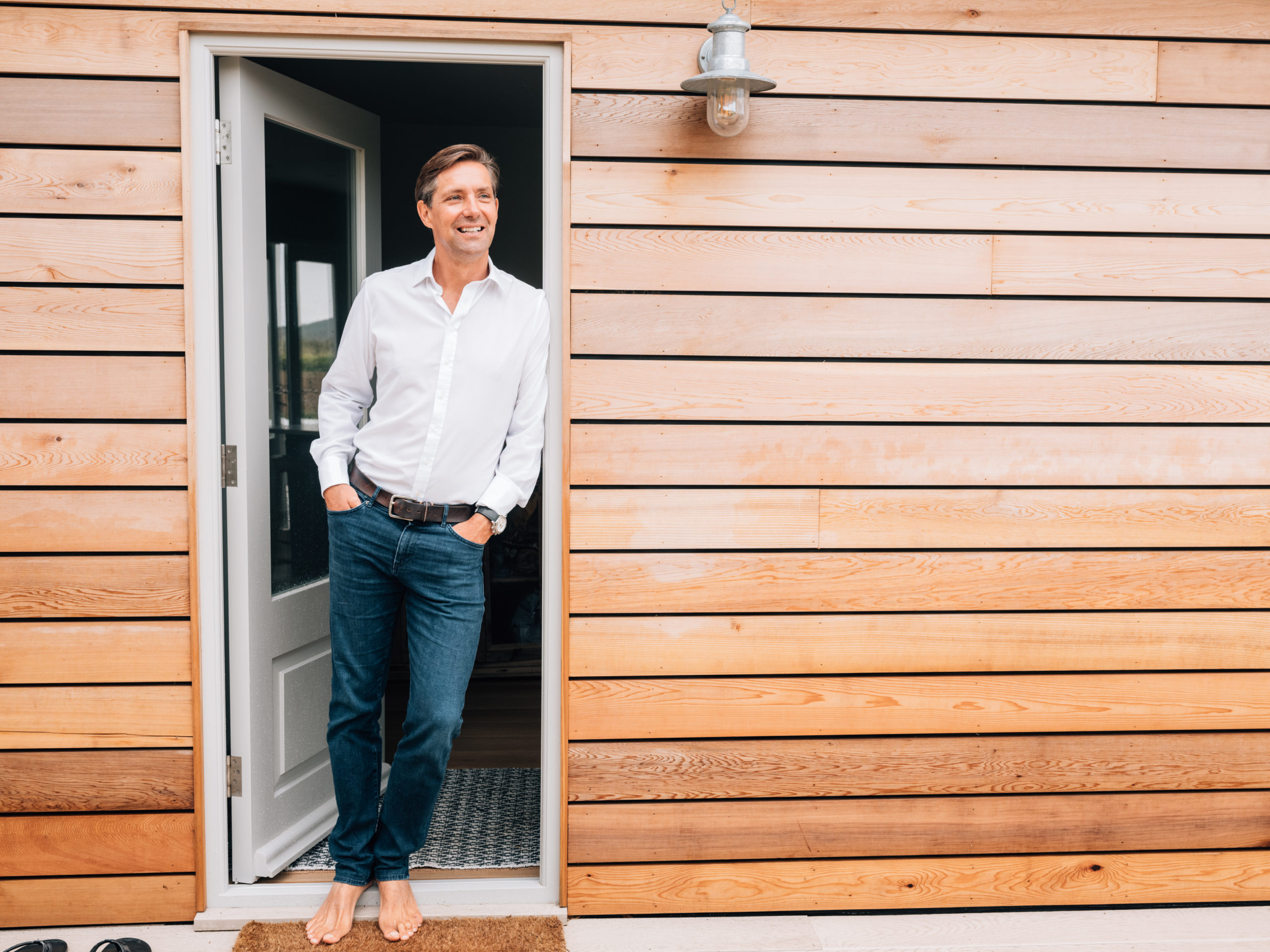


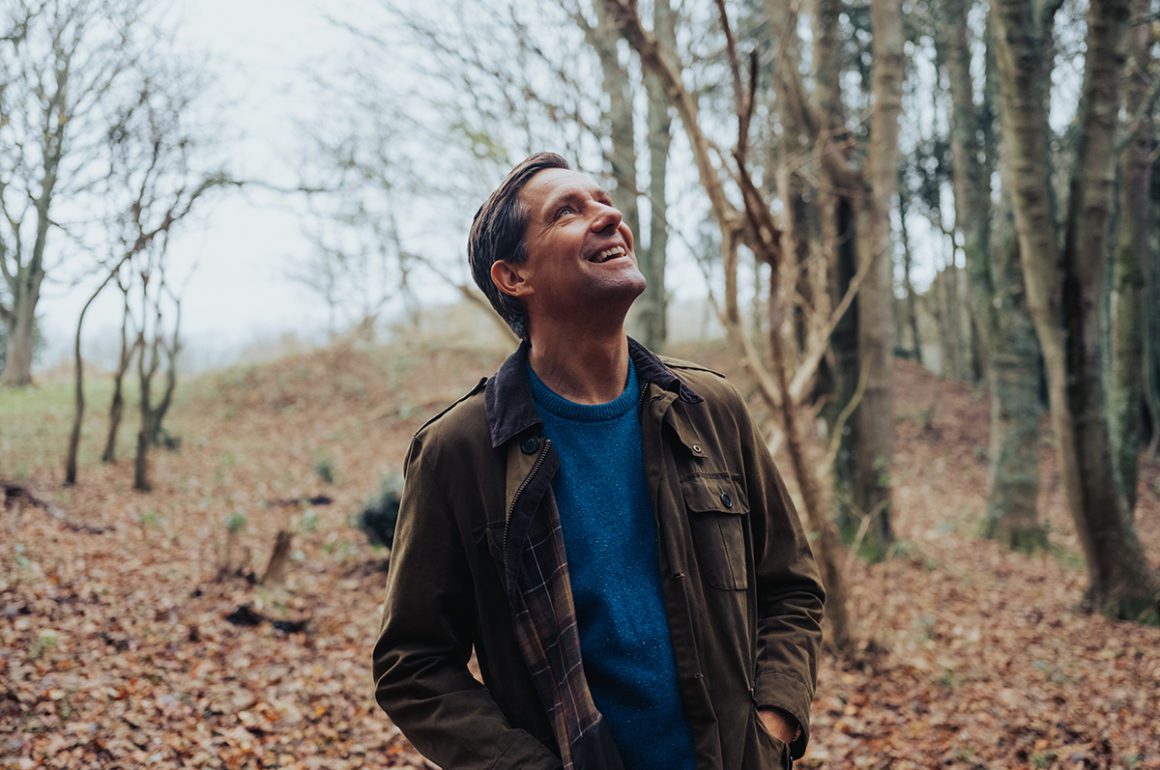

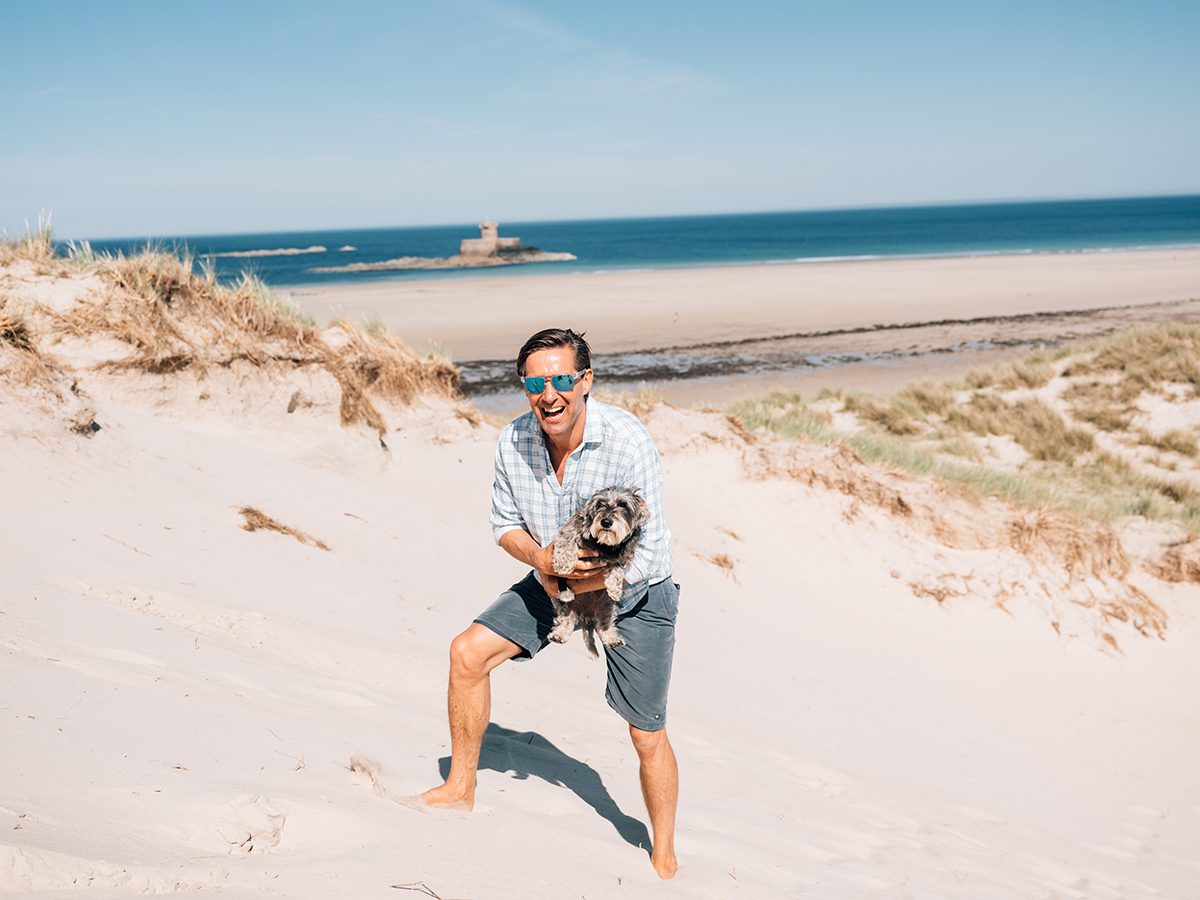
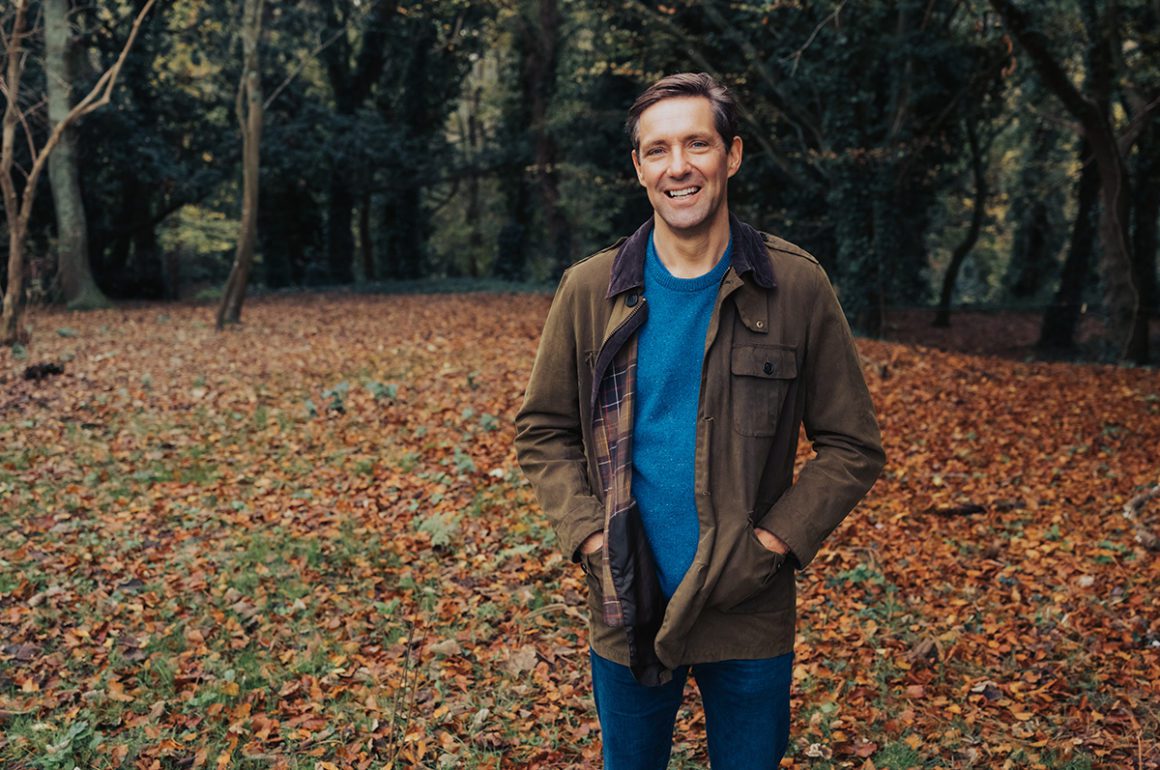


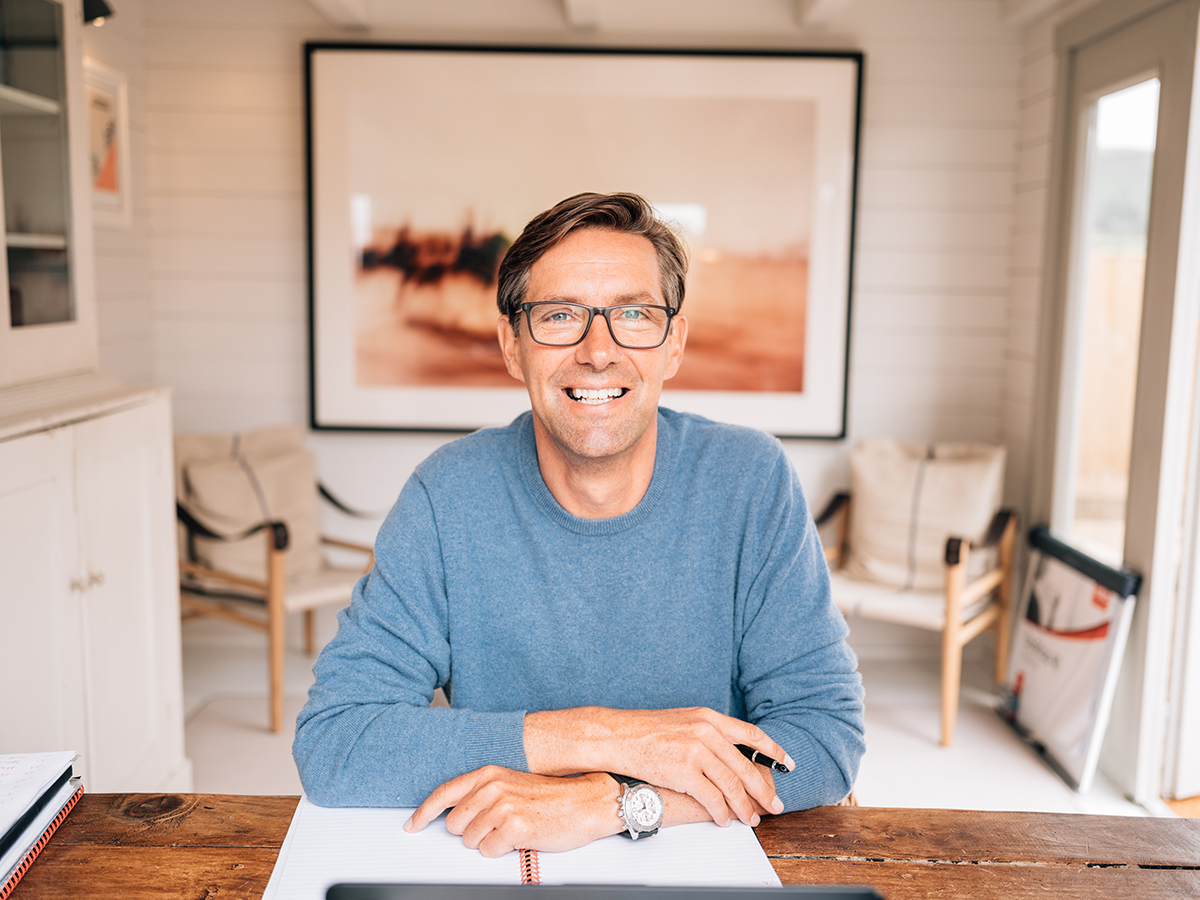

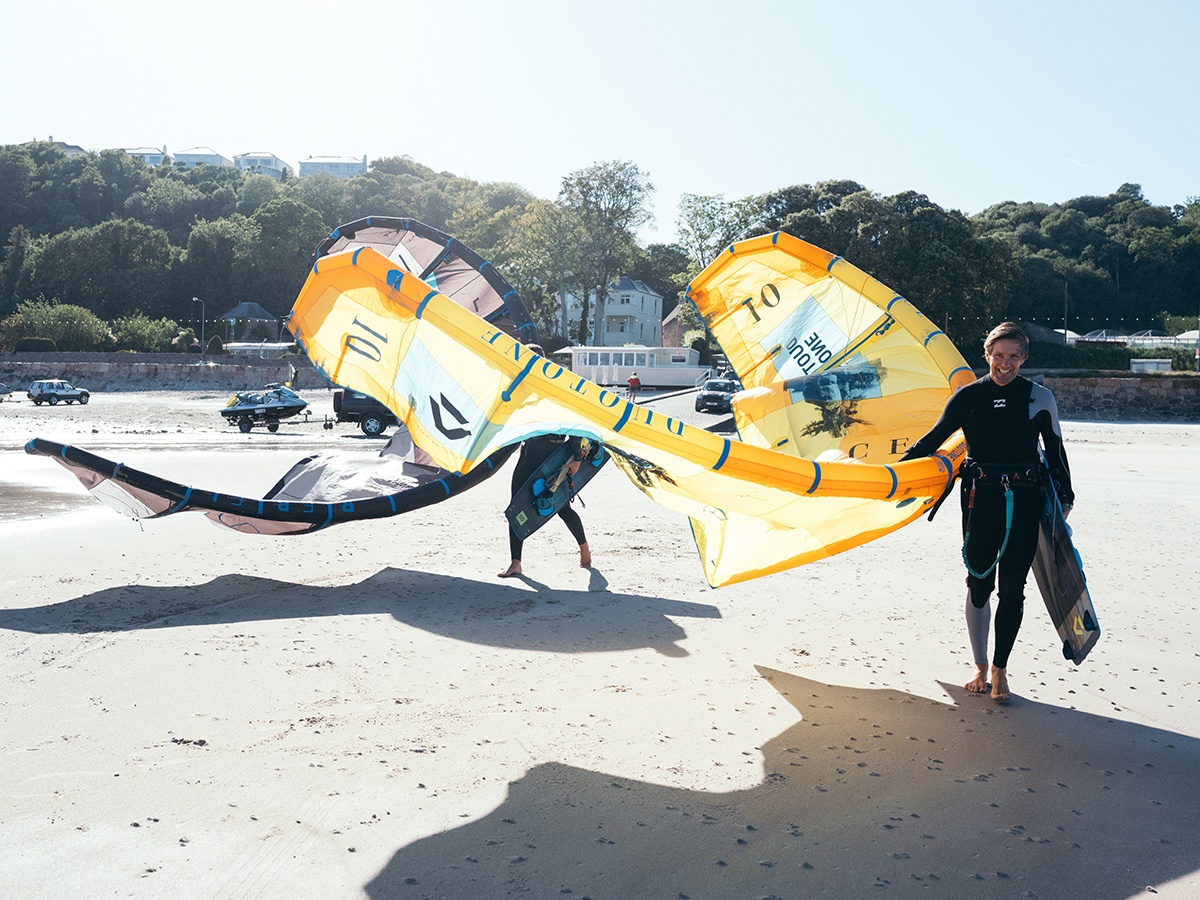
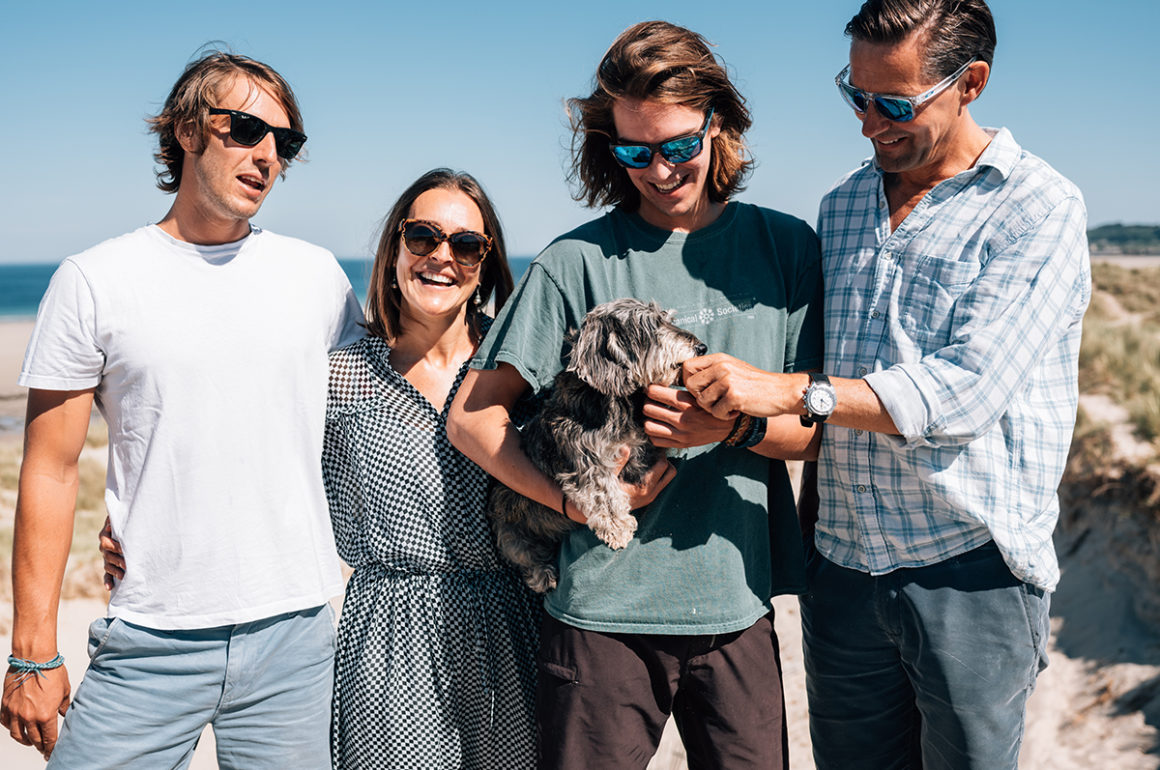
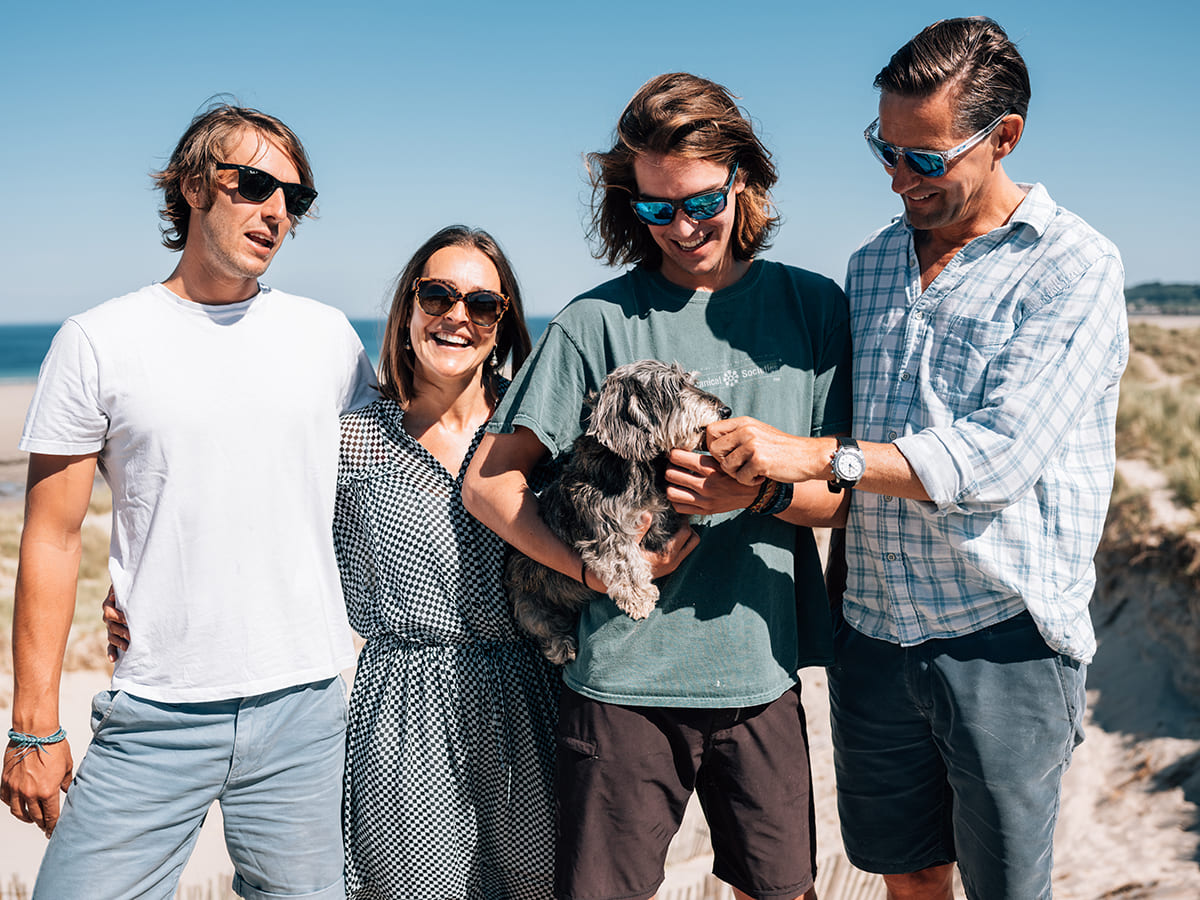
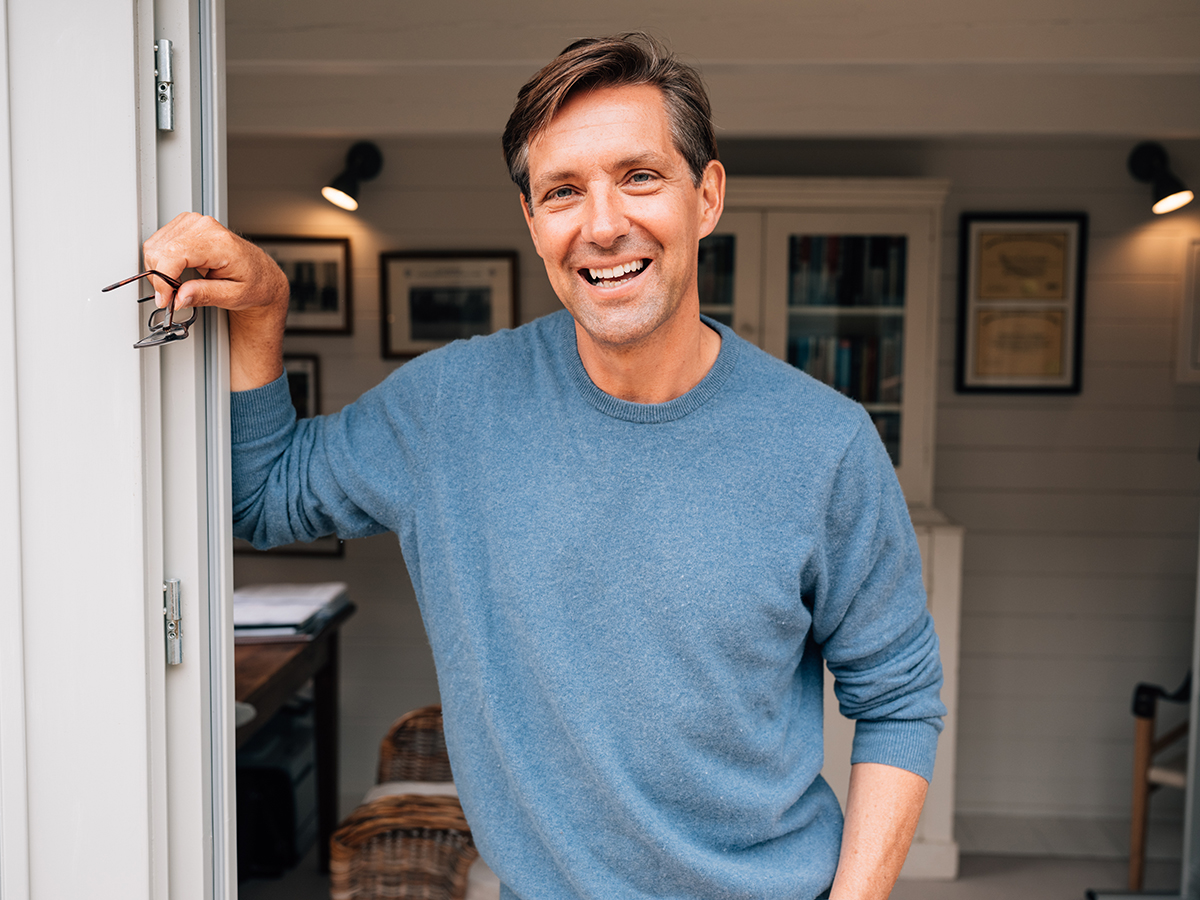
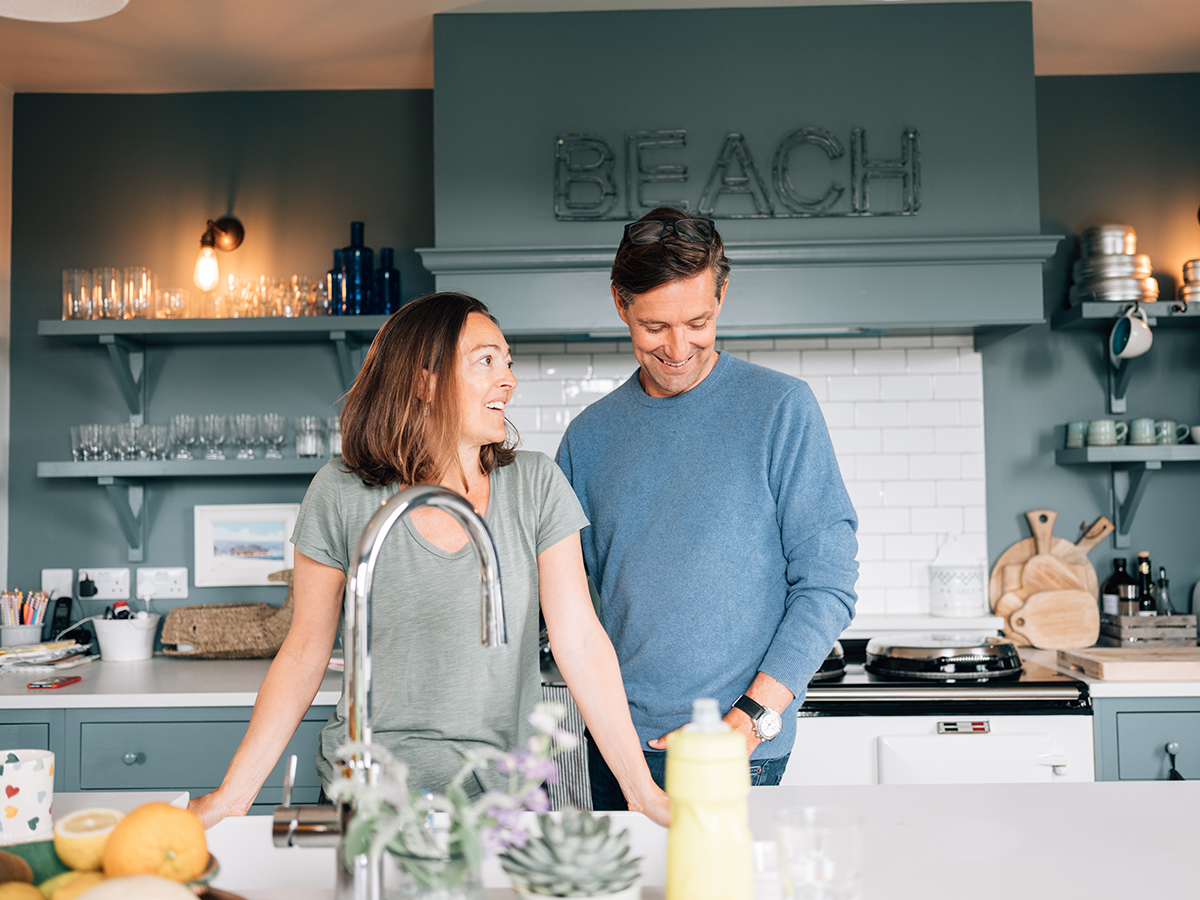
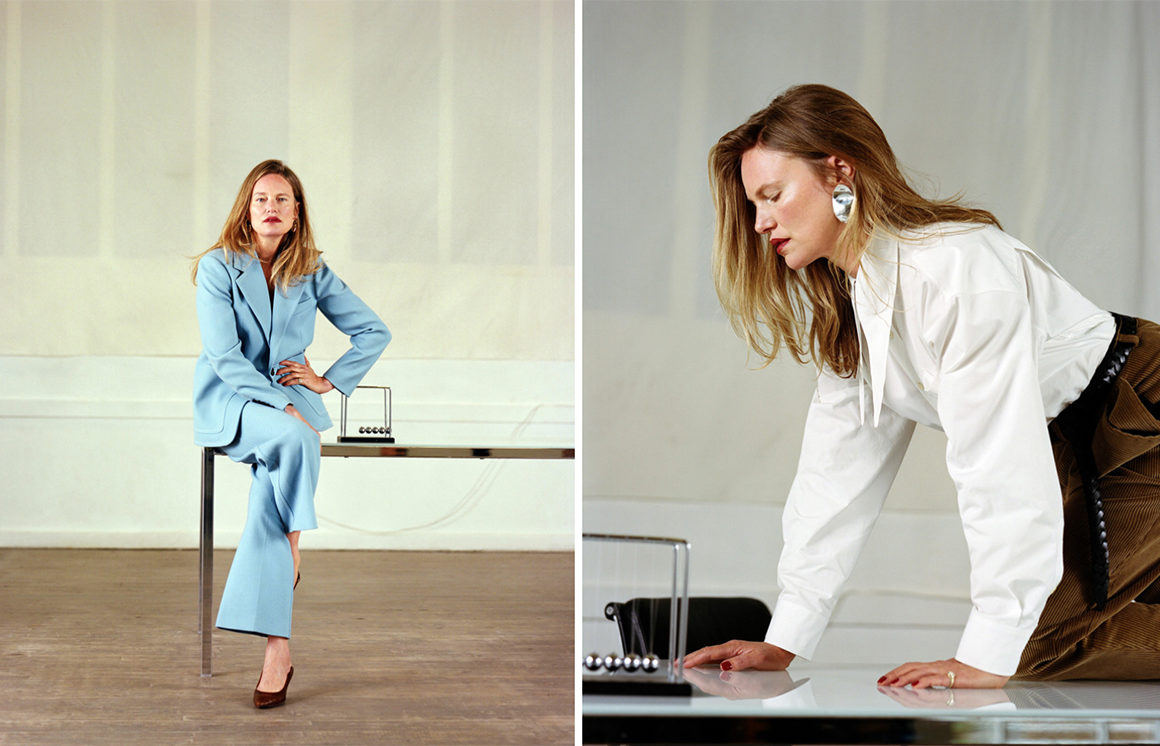











Recent Comments